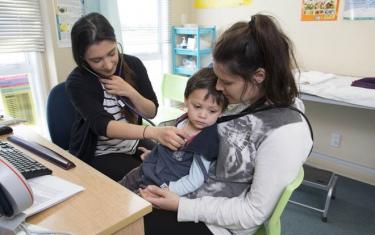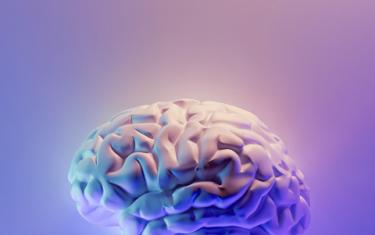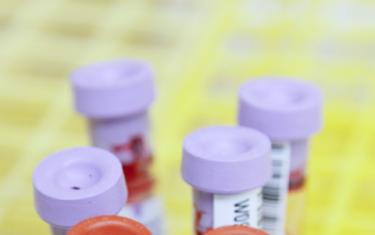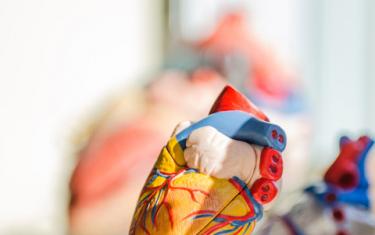
Childhood stuttering
Information about stuttering, evidence-based advice, support, and speech-language therapy referral options.
Focussed acceptance and commitment therapy
For clinicians interested in mental and or physical health where therapy can be brief, time-limited and available to all who may need it.
Community-acquired pneumonia in children
Pneumonia is one of the major causes of hospitalization and mortality among younger children, particularly for Māori and Pacific children.
Early medical abortion for pharmacists: mifepristone and misoprostol
For community pharmacists planning to dispense EMA medicines.
Prescribing for common infections
Provding information for primary health care professionals to enhance patient care around the use of antibiotics.
Sports-related concussion
Sports-related head injuries and concussion can be difficult to assess and manage.
Achilles tendon rupture: diagnosis & treatment
Tendinopathy and rupture are the two most common pathologies involving the Achilles tendon.
Parkinson’s Disease - Mate pākenetana
Gain a better understanding of Parkinson's Disease.
Abnormal Uterine Bleeding / Pipelle sampling
Module created by Waitemata DHB for primary healthcare providers practicing in the ADHB and/or WDHB areas.
Diabetic foot disease
Regular foot checks and good daily foot care are an important part of the prevention and management of diabetic foot disease.
Interpreting unusual thyroid function tests
Thyroid conditions are among the most common endocrine disorders.
Concussion/Mild Traumatic Brain Injury (mTBI)
When your patient is diagnosed with a concussion, it's not always easy to know how to best manage them.
Acute low back pain
Acute low back pain is common and can occur without any definite event or injury.
Cardiovascular disease risk assessment & management
Cardiovascular disease is largely preventable and is associated with large within-population health inequalities.
